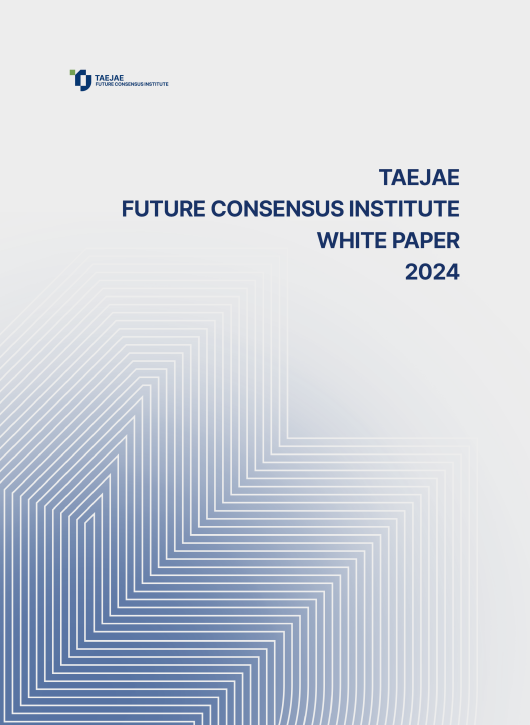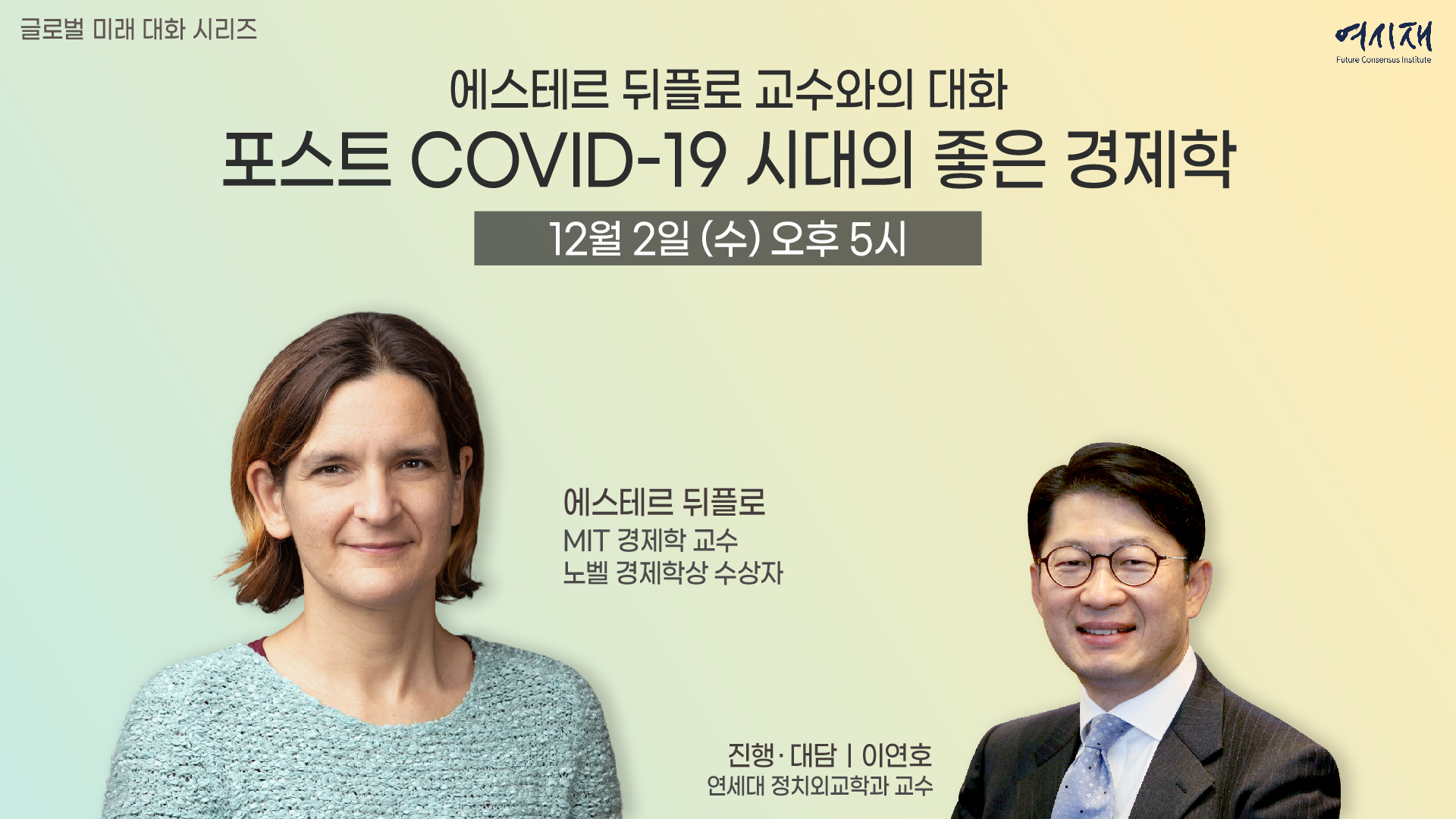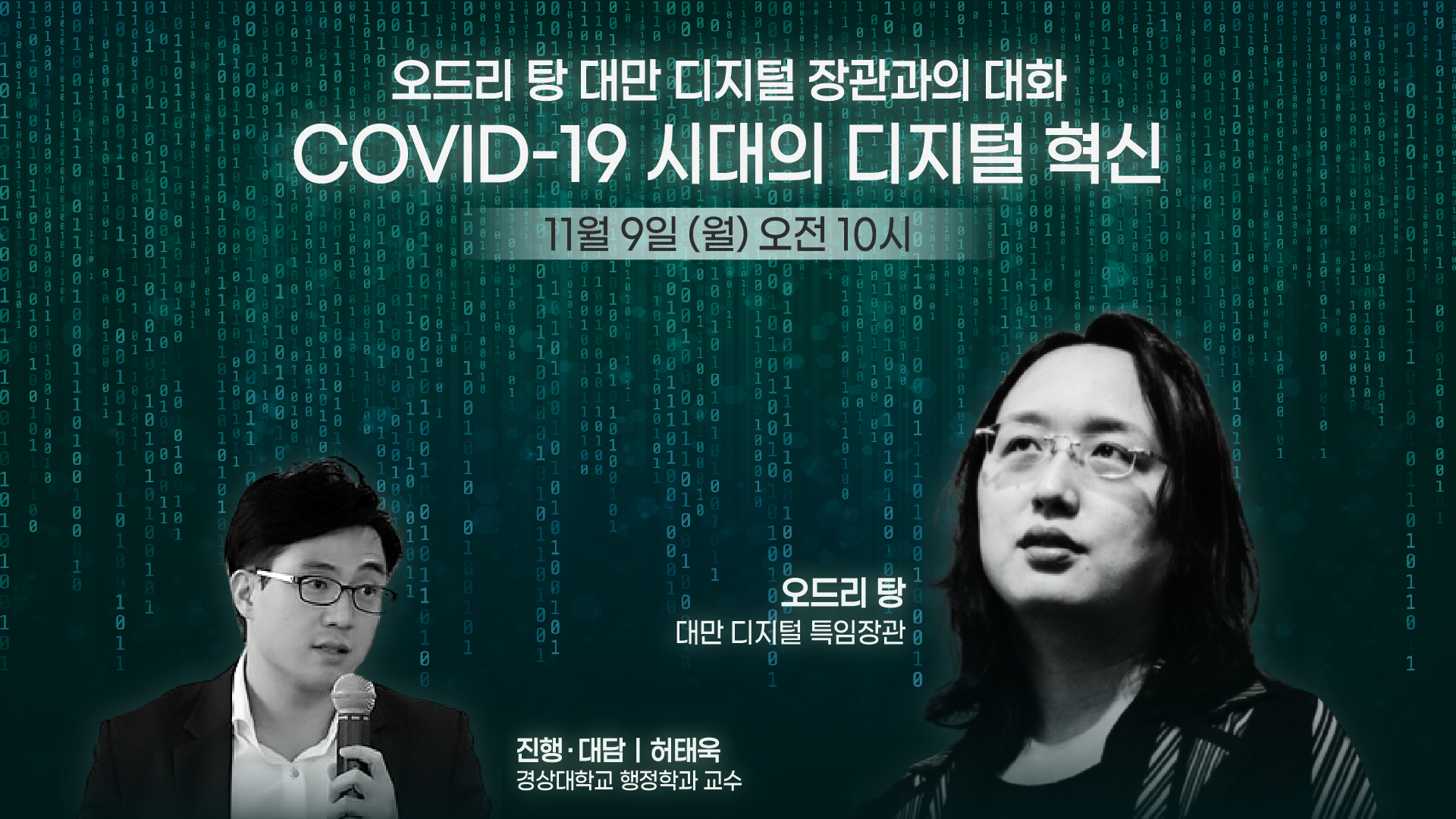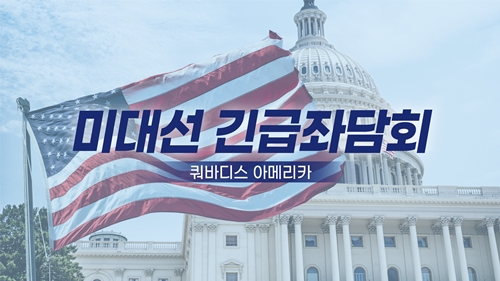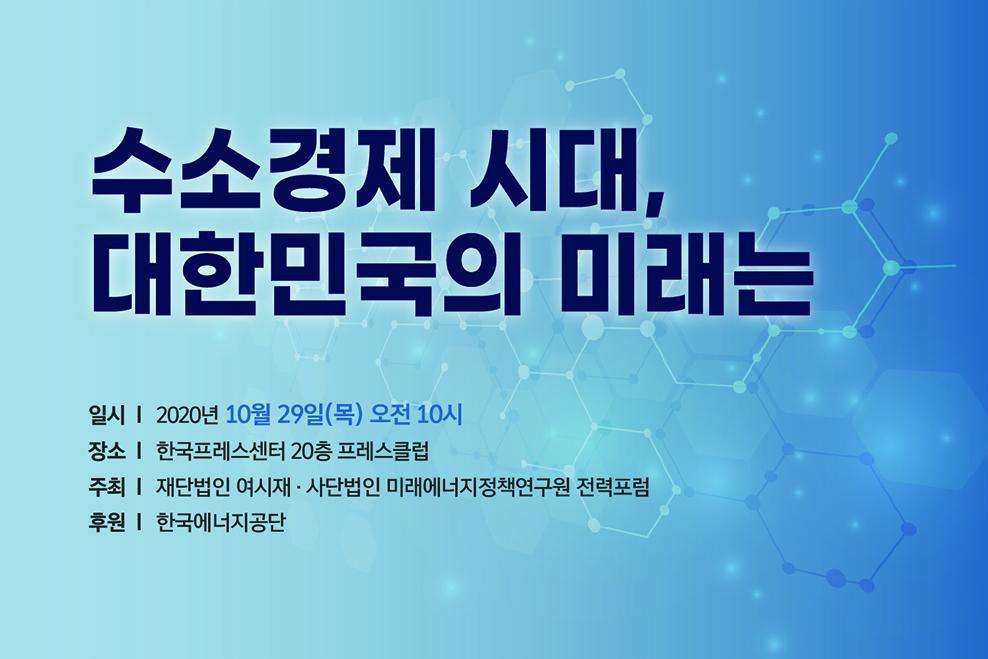Please join Yeosijae as we build a brighter future for Korea. Create your account to participate various events organized by Yeosijae.
- Insights
- |
- Digital Society
Forum <“Super Human’s” “Super Work”>: Exploring How the Synergy between Humans and AI is Reshaping the Meaning and Future of Work
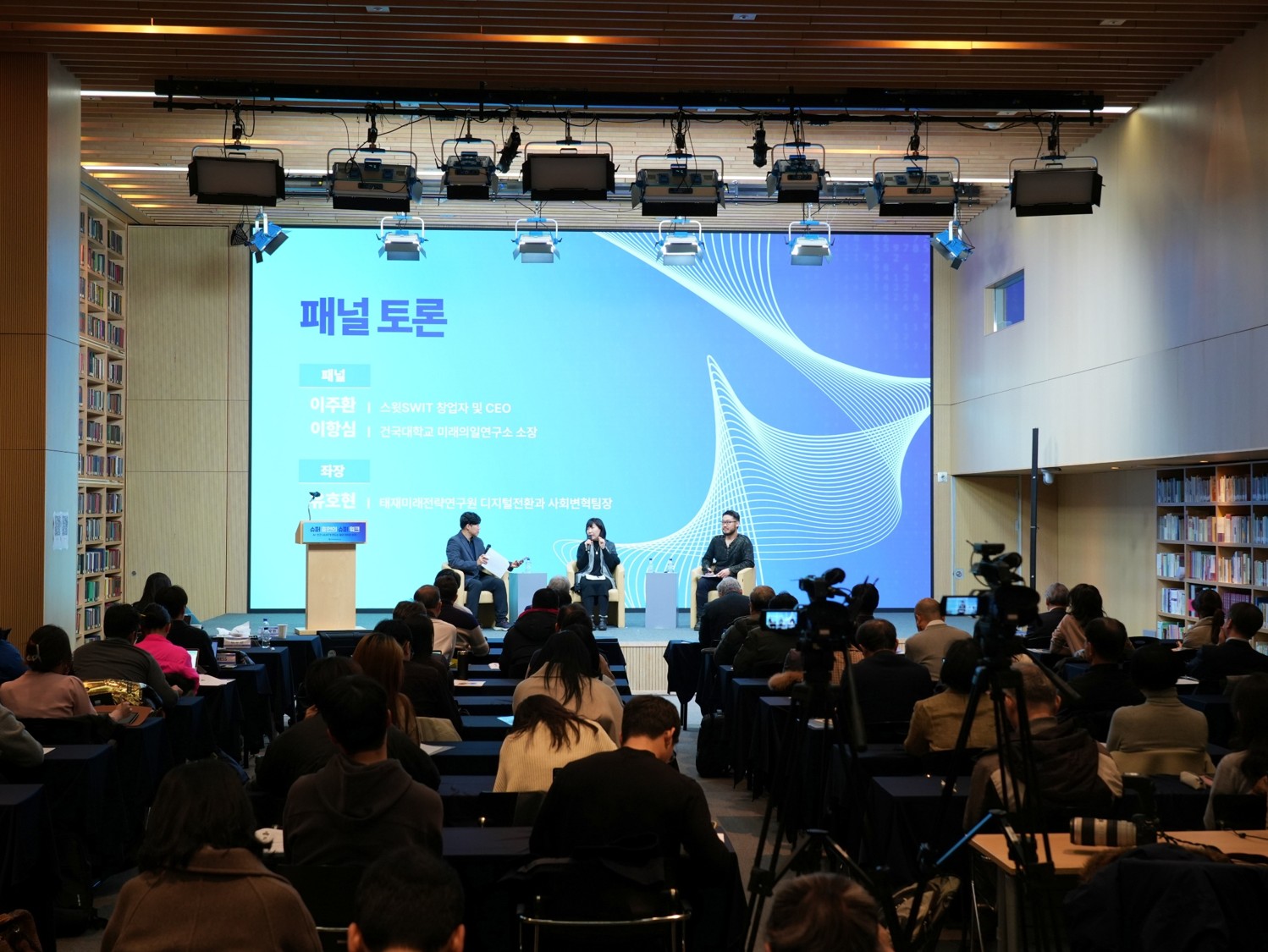
Recently, with the rapid advancement in AI technology, its role has overcome a mere tool stature to become a true ‘collaborator’ of humans. Generative AI like chat-GPT has been quickly penetrating various workplaces and industries, from large corporations to startups, all actively pursuing automation of work through the use of AI. The ways we work and organize are experiencing big waves of change as the AI technology is being used for not only repetitive tasks, but also the areas requiring creativity and analytical skills.
Amidst this wave, the Taejae Future Consensus Institute held a forum titled on February 17th, 2025, at the Korea Foundation for Advanced Studies Conference Hall, located in Gangnam, Seoul. This forum provided an important opportunity to discuss how the future of work and organization will change with the emergence of AI as a partner that expands the capabilities of humans.
Opening up the forum with a congratulatory speech, KIM Sung-Hwan, President of the Taejae Future Consensus Institute, said “work in the age of AI will be a process of creating values through creative capabilities and collaborations than menial labor,” emphasizing his hopes for “this forum to provide an opportunity for insight into cooperation between technologies and humans and to bring about a positive change across the society.” Yeom Jaeho, President of Taejae University stated, “the capabilities unique to humans such as empathy, critical thinking, and creativity will become even more valuable assets in the age of AI,” adding, “it is important for us to shift our thinking from competing with AI to discovering new ways to work with AI.”
1. Keynote Address: Professor Daniel Susskind
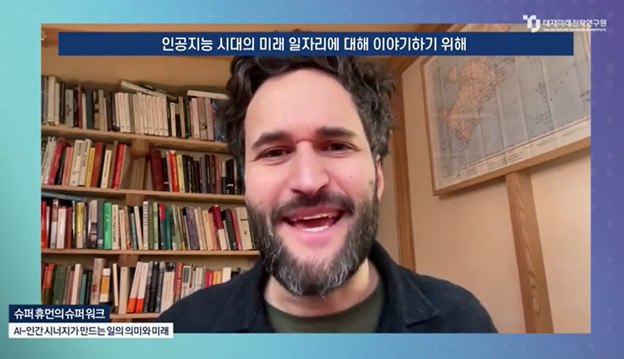
Human-AI Collaboration Creates a New Standard in Expertise
Professor Daniel Susskind from the Department of Political Economy at King’s College London opened the forum with his presentation. Professor Susskind is a world-renown scholar who has been analyzing the impact of AI on the labor market and professional work through his books entitled ‘A World Without Work’ and ‘The Future of the Professions’. He pointed out that AI does not simply imitate the way humans think but solves problems in completely different ways and that it has significant implications for the future of white-collar work.
Susskind noted that in the past, AI operated strictly within the bounds of rules directly programmed by humans, but now, it learns from a vast amount of data and creates its own patterns to solve problems in a way that is different from humans. Such technological advancements are leading us to think differently about what constitutes as “expertise” in professional fields such as law, medicine, and education. As AI becomes capable of making judgments and analyses, which were once considered exclusively human abilities, Susskind forecasted that expertise will now mean the ability to make creative and ethical decisions in collaboration with AI rather than simply having the knowledge.
In this context, Susskind suggested we view work through the lens of “tasks” than “jobs”. We tend to perceive a job as a single entity but in fact, all jobs are comprised of multiple individual tasks and AI is being developed to automate specific tasks rather than the job itself. This means AI can perform many of the tasks that white collar workers perform and therefore can potentially displace them. Fundamental changes in education and training are essential to respond to such task-based automation. In particular, he argued that the current education system should be reorganized to nurture AI skills, that how we train and educate people must be innovated in consideration of the changing times, and that education should be available throughout one’s life, not just at the beginning.
Lastly, Susskind emphasized that instead of fearing the changes that AI will bring, we need to urgently put in place the necessary training and institutions because collaboration between humans and AI will become inevitable with future jobs.
Panel Discussion: <The Harmony between Humans and AI: The Conditions for “Super Work”>
The panel discussion continued the discourse into how AI is shifting the nature of work and what will be the core competency to become ‘Super Humans.’ The first panelist and CEO of SWIT Josh Lee introduced the latest trends in the Silicon Valley, saying, “the technological shift in AI is now entering an ‘A2A (Agent-to-Agent)’ era where AI agents collaborate with one another on their own.” The second panelist, Professor Lee Hang-Shim of Konkuk University’s Future of Work Research Institute, said, “amidst the advancement of AI technology, we must not overlook ‘the values of being human,’” stressing that capabilities unique to humans such as creativity, emotional empathy, and critical thinking become even more important in the age of maximizing efficiency through AI.
Now is the Era of AI Agents and ‘A2A,’ Transition from Work Automation to Work Autonomy
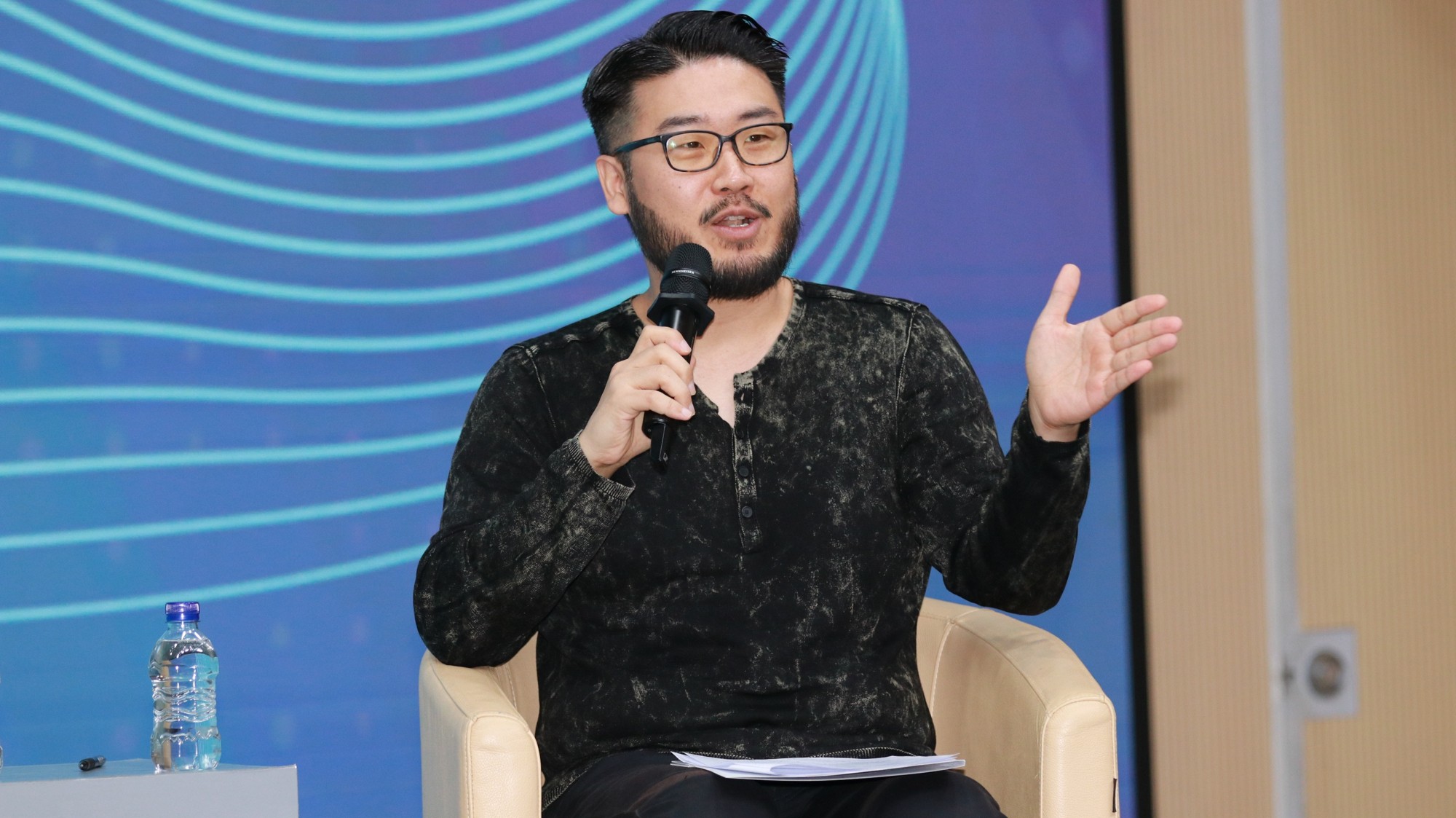
Lee explained that AI is breaking away from the prior human-centered collaborative approach to a new collaborative approach where different AI systems perform tasks autonomously and collaborate with one another. In the past, the collaboration relied on the humans to directly input the data but now, the way we work is fundamentally changing with the introduction of “AI Agent,” an AI that proactively collects data and aids in decision-making.
According to Lee, “global tech companies are already utilizing AI agents to automate team-level project management, schedule coordination, and report creation.” He predicted the business environment will be based on the “A2A” model rather than the B2B (Business-to-Business) mode—an emergence of an era where AI will make its own decisions and perform tasks for businesses and consumers without the need of H2H (Human-to-Human) collaboration.
In particular, AI can serve as a digital personal assistant by learning the data of individual users. Unless businesses reorganize themselves around AI, he argued, they will have a hard time maintaining their competitiveness. “It is essential that companies view AI as a source of forward momentum that requires organizational and operational restructuring of a company, not as a mere productivity tool.”
The Irreplaceable ‘Human Touch’ in the Age of AI
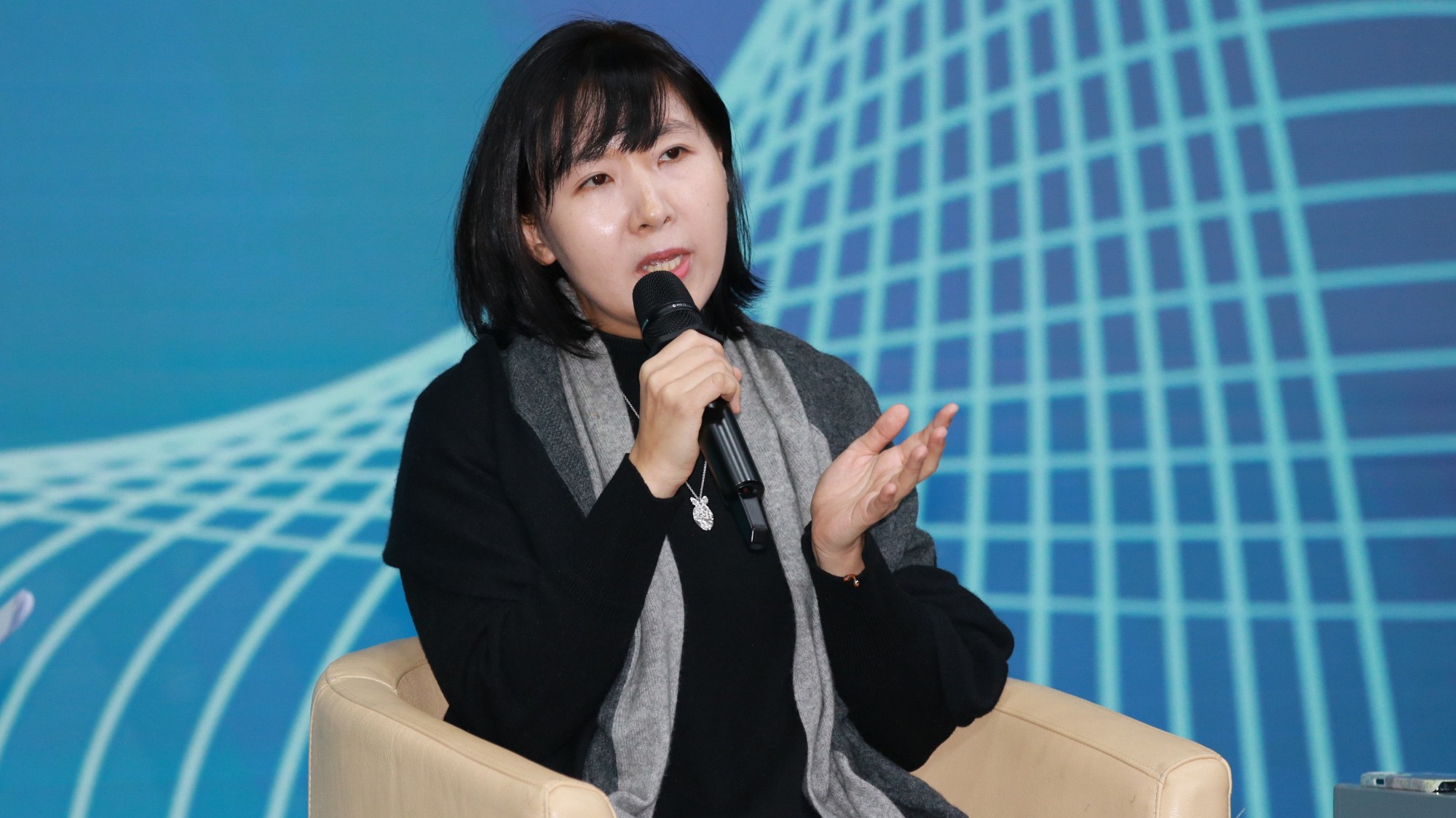
On the other hand, Professor Lee Hang-Shim argued that AI will not be able to replace all areas of human work, and instead, the transition will occur in a way that further accentuates the unique roles of humans. According to her, the roles that humans play will change, but not fade away. “Although humans have come to play an increasingly smaller role in the fields of agriculture and manufacturing through the era of automation, new industries and jobs emerged from the process.”
Professor Lee also stated that although AI can mimic an emotional interaction, ultimately, it cannot provide the “depth of empathy and trust gained through human experience.” We live in a world where an AI chatbot acts as a customer service agent and AI systems provide legal consultations, but interventions by human experts are still absolutely necessary for any critical instances. The leaders of organizations will do well to develop strategies to strengthen human-centered organizational culture while using AI because regardless of how much of an intricate analysis AI may provide, humans ultimately rely on intuition and emotional decision-making.
Moreover, Professor Lee stressed the value of “empty space”. AI performing repetitive tasks will free us to engage more in creative thinking and that will in turn raise our capacity to produce new ideas. She also underscored that organizational culture surrounding the use of AI must shift away from simply increasing productivity and toward “maximizing human creativity and collaboration”.
Human-AI Collaboration and the Direction of New Organizational Culture
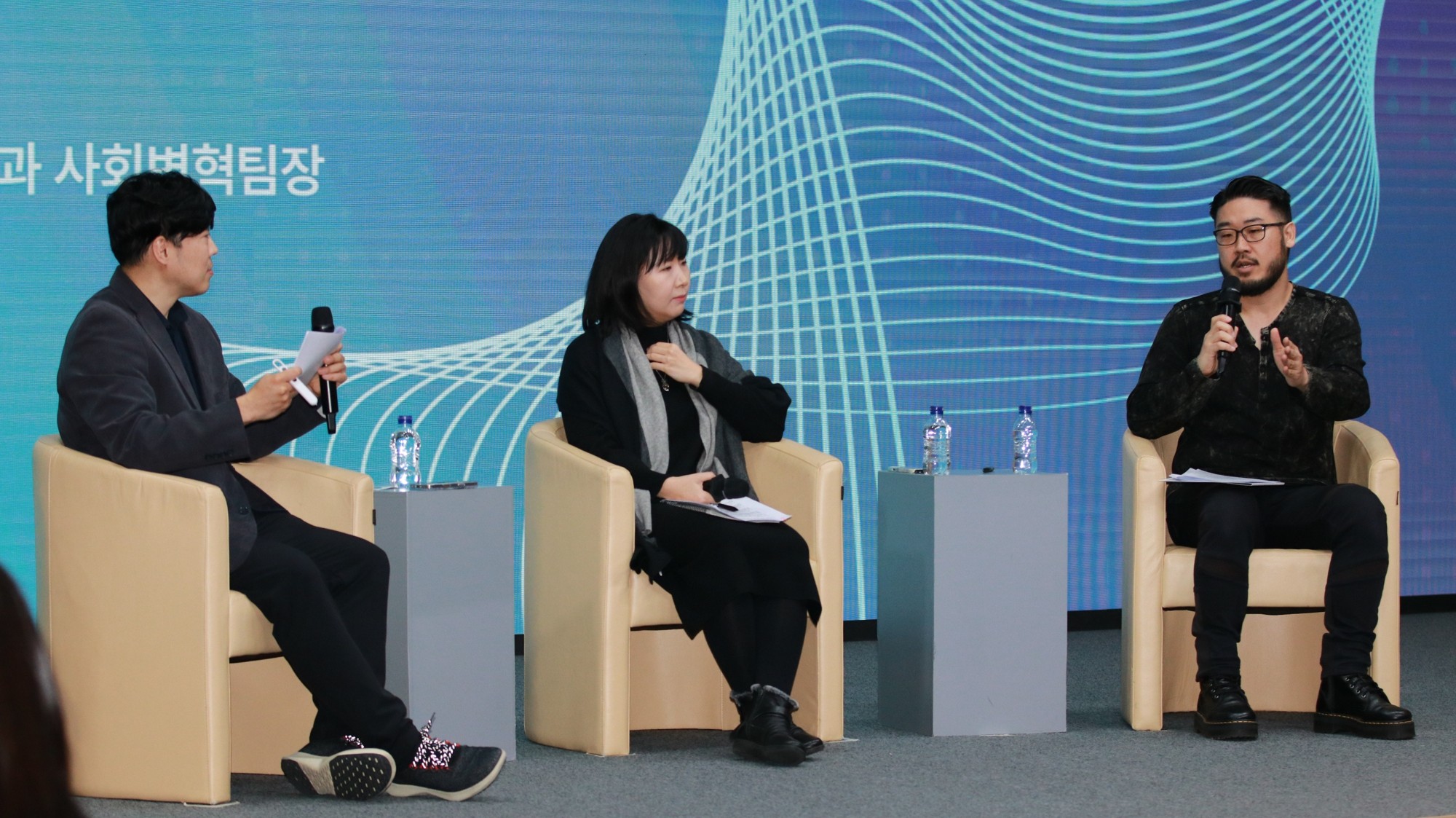
The second half of the discussion addressed the ways organizations and corporations must change in the age of AI. Josh Lee said, “corporations should focus on redesigning work structure around AI rather than merely tagging AI technology onto the existing tasks.” For instance, the workforce in charge of simple repetitive tasks must learn to work with AI. The role of an organization will be completely redefined.
Professor Lee added, “as much as technological advancement is important, it is imperative that AI be designed and utilized in a way that respects human-centric values.” We need to start brainstorming about ways to maximize human strengths through the use of AI.
The panelists wrapped up the discussion emphasizing that ‘Super Work’ in the age of AI is not about faster and more efficient work, but finding the best way that humans and AI can work together that brings out the best of both.
3. Q&A
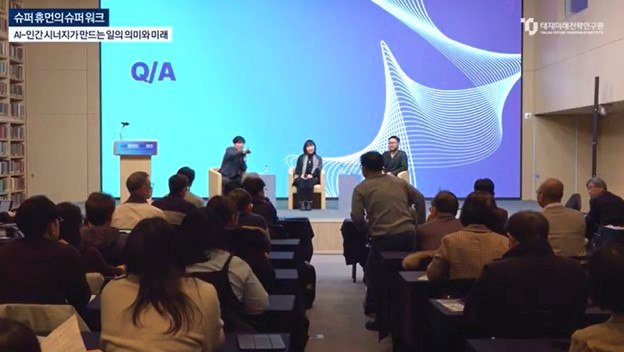
Q1. What can the workers do to prepare for the likelihood that AI causes major job losses?
The advancements in AI do not automatically mean elimination of jobs. The Industrial Revolution reshaped jobs, but new jobs emerged. The important thing here is understanding which tasks will decrease or newly emerge and preparing for it. We need to identify the areas that AI will not be able to replace humans in and try to strengthen creative thinking and problem-solving skills. Moreover, we must learn to collaborate with AI and create new values using the technology.
Q2. What kind of re-education opportunities should companies provide to employees to prepare for the age of AI?
With the adoption of AI technology, many global companies are currently providing re-education programs to strengthen the capabilities of their employees. The purpose of these programs should be to learn to collaborate with AI than to learn about programming. For example, companies like Microsoft, Google, and Amazon are enhancing their internal ‘AI Literacy’ education. The programs should be able to help employees understand the way AI analyzes data and makes decisions so that they can utilize the technology to help them make better decisions. Ultimately, it is not about adopting AI technology, but about fostering a learning environment in which humans and AI can grow together.
Q3. With the rapid advancements in AI, what institutional responses are necessary at the government level?
Government can respond in two ways. First, it needs to put in place appropriate regulatory measures to ensure data safety and security. Second, we need an open environment to test and try out new technologies. Government must avoid introducing overreaching regulation as it did with blockchain so as not to preclude potential growth opportunities. Also, we need to play to our strength by concentrating on developing AI agents and application software. The government should play a central role in providing a testbed for companies to adopt and test out various AI technologies.
Q4. As much as human-AI collaboration is important, ethical issues surrounding AI technology abound as well. What are some countermeasures?
Data diversity and inclusivity is critical. We must make conscious efforts to ensure that the voices of minorities are included in the data used to train AI. Similarly, overconcentration of certain groups should be avoided in data collection. As seen in the case of Microsoft, ethical guidelines must address information transparency, data safety and security, fairness, inclusivity, and more. Without such ethical guidelines, a safe advancement of AI will not be possible, and it will be difficult for people to trust AI systems with their personal data.
The era of AI has just dawned, and the changes it brings will be before us much faster than imagined. However, the question is not a simple dichotomy of whether AI will take our jobs or not, but rather, how we can work with it. We should not limit our discussion to how to apply AI to the existing work flow, but instead try to redefine the nature of work as well as the role of humans. The discussions make it clear that in this new era of human-AI collaboration, we should not try to control technology, but expand humanity through technology. In the new ear, we, in partnership with AI, will be able to make better decisions, develop more creative ways to solve problems, and collaborate in a more human way. Now ask not what AI can do for you, but what we can achieve with the help of AI. It is time that we embarked on a journey to find the answer to that question.
< Copyright holder © TAEJAE FUTURE CONSENSUS INSTITUTE, Not available for redistribution >

